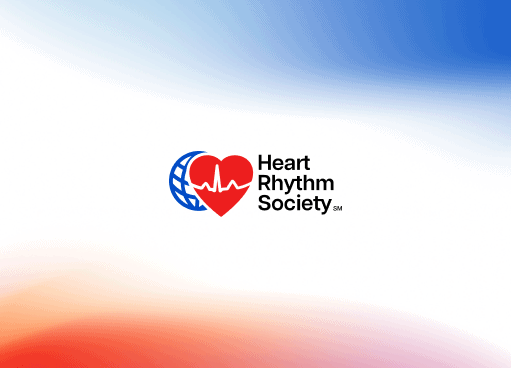Search & Filter
Date Range
Resource Type
HRS Endorsed
Audience
Topic
Manufacturer
Device Type
FDA Class

Clinical Trials
The COMPANION Trial
In patients with advanced heart failure and a prolonged QRS interval, cardiac-resynchronization therapy decreases the combined risk of death from any cause or first hospitalization…
May 20, 2004

Clinical Trials
The DAVID Trial
For patients with standard indications for ICD therapy, no indication for cardiac pacing, and an LVEF of 40% or less, dual-chamber pacing offers no clinical…
December 25, 2002

Clinical Trials
The AFFIRM Trial
A comparison of rate control and rhythm control in patients with atrial fibrillation.
December 5, 2002

Clinical Trials
The MOST Trial
For sinus-node dysfunction, while dual-chamber pacing does not improve stroke-free survival compared with ventricular pacing, dual-chamber pacing does reduce the risk of atrial fibrillation, signs…
June 13, 2002

Clinical Trials
The MADIT II Trial
Implantable cardioverter-defibrillator (ICD) therapy is superior to conventional medical therapy in reducing the risk of death among patients with prior myocardial infarction and reduced ejection…
March 21, 2002

Clinical Trials
The CARE-HF Trial
In patients with heart failure and cardiac dyssynchrony, CRT improves symptoms and the quality of life and reduces complications and the risk of death. These…
November 29, 2001

Clinical Trials
The MUSTT Trial
Electrophysiologically guided antiarrhythmic therapy with implantable defibrillators, but not with antiarrhythmic drugs, reduces the risk of sudden death in high-risk patients with coronary disease.
December 16, 1999

Clinical Trials
The MADIT Trial
In patients with a prior MI who are at high risk for VT, prophylactic therapy with an implanted defibrillator leads to improved survival as compared…
December 26, 1996

Clinical Trials
The CAST Trial
Antiarrhythmic drugs flecainide and encainide may actually increase mortality in post-MI patients with asymptomatic ventricular arrhythmias.
March 21, 1991
- « Previous
- 1
- 2
- 3